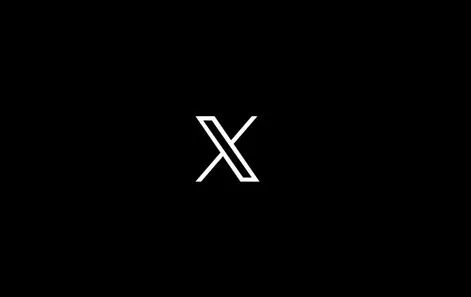Elon Musk’s aversion to moderation has raised further concerns as the US presidential election approaches, with X’s Grok AI chatbot coming under scrutiny for its ability to spread election-related misinformation.
Today, five US Secretaries of State published an open letter to Musk and X, urging them to correct the misinformation shared by Glock, particularly his advice on the voting process.
According to the letter:
“Hours after President Joe Biden withdrew from the presidential race on July 21, 2024, a misinformation piece created by Grok about the voting deadline was shared across multiple social media platforms. Grok’s post stated, “The voting deadline for the 2024 election has passed in several states. These states include: 1. Alabama 2. Indiana 3. Michigan 4. Minnesota 5. New Mexico 6. Ohio 7. Pennsylvania 8. Texas 9. Washington.” This is false. The opposite is true in all nine states. The polls have not closed and there may be changes to the candidates on the ballot for the offices of President and Vice President of the United States before the upcoming voting deadline.
The letter noted that while Grok is currently only available to paying X Premium members, the information generated by the bot is also shared beyond that group, exacerbating the potential impact of misinformation.
“Furthermore, Grok continued to repeat this misinformation for over a week until it was corrected on July 31, 2024.”
The secretaries of state note that while inaccuracies are not uncommon in AI chatbots, accuracy of voting information is so important that X must ensure such queries do not generate erroneous reports.
“OpenAI has partnered with the National Association of Secretaries of State to ensure voters have access to accurate, up-to-date election information when using our AI tools. ChatGPT is programmed to direct users to CanIVote.org, a nonpartisan resource from professional election officials from both major parties.”
It will be interesting to see how Musk and X respond to this letter, as Musk has long criticized Twitter’s previous management for engaging in exactly this way with political groups that have called for improvements to the company’s moderation systems.
The main focus of X’s “Twitter Files” exposé, which was published shortly after Musk became CEO and was based on inside information from the Twitter team, was the revelation that Twitter’s Trust and Safety group had received requests from U.S. government officials to suppress certain comments and profiles that were critical of COVID mitigation measures.
Former Twitter staffers claim that the company was not obligated to comply with these requests, and that most did not censor content at the behest of government authorities, but Musk and his allies argue that this is evidence of a “censorship regime” and a key reason why Musk felt he had to buy Twitter to protect his free speech principles.
As has been pointed out, these requests are very similar to this proposal from the Secretary of State.
So will Musk see this as an abuse of government power and allow Grok to continue spreading misinformation, or will X-Team do this, effectively (at least based on Musk’s previous interpretation) facilitating censorship with his “unwoke” AI bots?
Indeed, we have already learned lessons from allowing election misinformation to run rampant, which led to a series of reforms on social platforms after the 2016 presidential election. But Elon seems to be very against these reforms, because, at least on X, they could lead to the replication of many of the most harmful elements of the campaign.
At the same time, Musk has clearly chosen sides in the campaign, which also seems to reduce incentives for X to act on concerns that could benefit the Republican campaign.
This is the first of many questions to be raised about X’s new “free speech” policy as the campaign progresses, and another concern that may lead to regulatory action against X at some stage.

